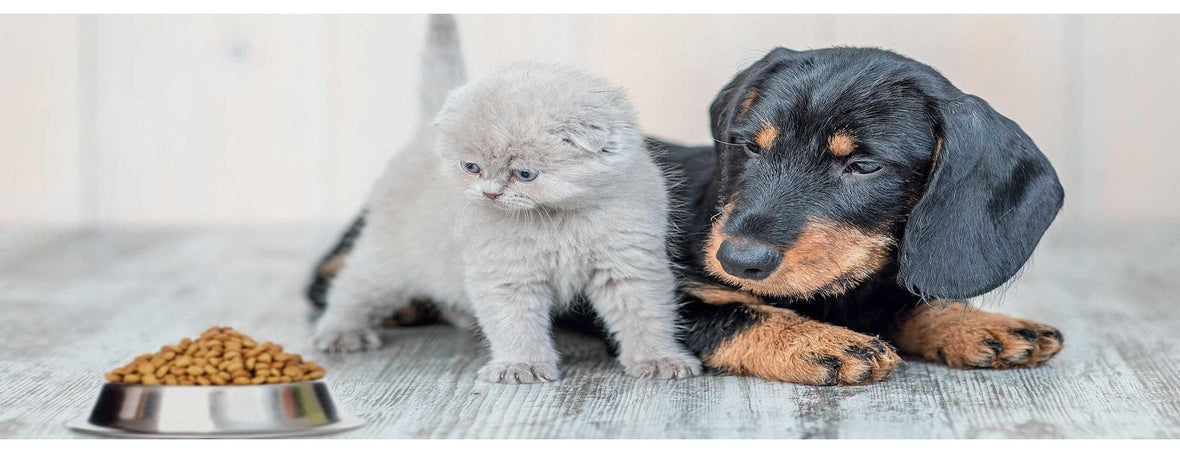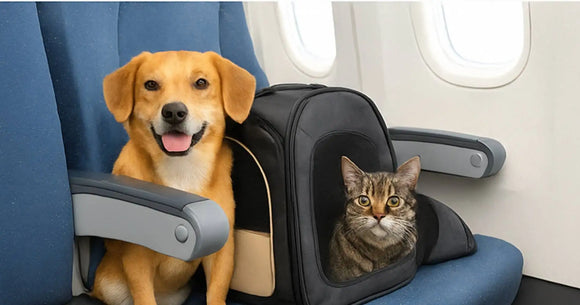
Allergies and intolerances in dogs and cats
Adelchi Rainone
Allergies and intolerances in dogs and cats can cause discomfort and health problems for our furry friends. As pet owners, it is important to recognize the symptoms and causes of these allergies and intolerances, in order to provide the best possible support to our four-legged friend.
Allergies in dogs and cats can be of two types: food allergies and environmental allergies. Food allergies are caused by a reaction of the dog or cat's immune system to one or more ingredients in their food. Environmental allergies, on the other hand, are caused by a reaction of the immune system to substances present in the environment, such as pollen, dust and hair from other animals.
Intolerances, on the other hand, do not involve the immune system, but manifest themselves through gastrointestinal symptoms such as diarrhea, vomiting and flatulence. Intolerances can be caused by a wide variety of factors, such as specific food ingredients, preservatives and artificial colors.
Symptoms of allergies and intolerances in dogs and cats
Symptoms of allergies and intolerances in dogs and cats can vary, but some of the most common include:
Itchy skin, rashes, hair loss and eye irritation
Sneezing, coughing and nasal congestion
Gastrointestinal problems such as diarrhea, vomiting and flatulence
Swelling of the face, ears or paws
If you notice one or more of these symptoms in your pet, it is important to consult a veterinarian to determine the underlying cause.
Diagnosis and treatment of allergies and intolerances in dogs and cats
Diagnosing allergies and intolerances in dogs and cats may require some testing. Your veterinarian may recommend a hypoallergenic food diet or phase out individual food ingredients to determine if your pet has a reaction to specific ingredients.
For environmental allergies, skin tests can be used to determine the triggering substance. Your vet may also recommend treatment with antihistamines or immunotherapy.
For food intolerances, treatment usually involves eliminating the individual ingredients causing the reaction. A hypoallergenic food or hydrolyzed protein diet may also be recommended.
Prevention of allergies and intolerances in dogs and cats
If you think your pet is predisposed to allergies or intolerances, there are some measures you can take to prevent or reduce the risk of developing such problems. A balanced, high-quality diet can help maintain your pet's overall health and reduce the risk of food allergies. Additionally, you should avoid exposing your pet to environmental substances known to cause allergies, such as pollen, grass, and mold.
It is also important to maintain your pet's hygiene, especially clean skin and fur, to reduce the risk of skin infections that can cause itching and irritation.
Finally, if you suspect your pet has food allergies or intolerances, you should pay attention to the ingredients of the food and be careful not to introduce new ingredients into their diet without first consulting your veterinarian.
In conclusion, allergies and intolerances in dogs and cats are common problems that can cause discomfort and health problems for our furry friends. However, with timely diagnosis and proper treatment, most pets can live healthy, happy lives. As pet owners, it is important to recognize the symptoms and take the necessary steps to prevent and treat allergies and intolerances in our furry friends.











